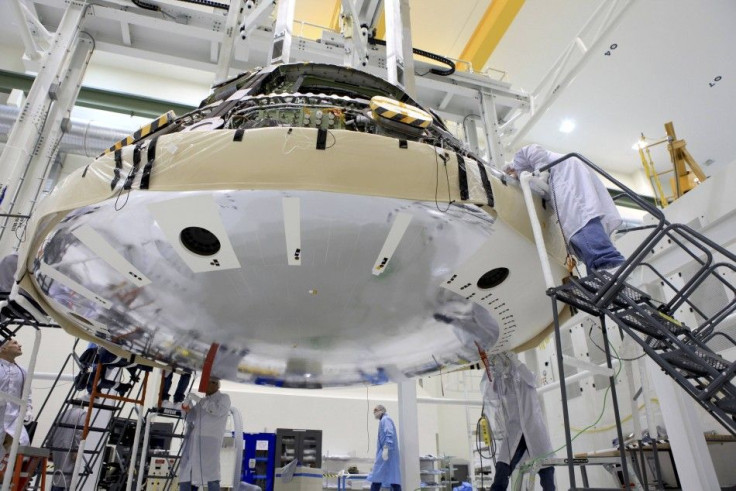NASA: Astronauts Sleeping During Mission Can Help Cut Costs

A new study by NASA looks at an innovative way to cut costs of a human expedition to Mars. The study suggests that putting the astronauts in a state of deep sleep can help cut costs.
According to Discovery News, torpor, a state of reduced physiological activity, could reduce the metabolic functions of the astronauts with the help of medical procedures. In cases of hypothermia, it can occur naturally as well.
Mark Shaffer, an aerospace engineer at SpaceWorks Enterprises in Atlanta put forward the proposal at the International Astronomical Congress in Toronto. He said that since the 1980s, therapeutic torpor has existed in theory and since 2003, it has been important for critical care trauma patients in medical centres. He added that for the purpose of inducing hypothermia in patients, protocols have existed in the medical centres to keep them alive until they receive the treatment that is necessary for them.
He continued that they hadn't been able to keep anyone in deep sleep for a period of more than a week. In cases of a human expedition to Mars, it would require 90 days or even 180 days for a journey of 560 million kilometres. Intravenous feeding would also be necessary as this would keep help keep the astronauts alive.
The system known as RhinoChill would be used to put the astronauts in a state of deep slumber, reported Daily Mail. RhinoChill helps reduce the body temperature by one degree for every hour with the help of coolant that would be supplied through their nose.
They would be woken up by inhalation of a coolant gas when they reach their destination. The muscles of the astronauts would be stimulated with the help of electrical impulses do that the astronauts are not weakened after they wake up from their deep sleep.
The study by SpaceWorks was funded by NASA. The study showed a five-fold reduction in the quantity of pressurised volume that would be needed for a crew in deep sleep as well as a three-fold reduction in the total quantity of mass that would be required. The baseline requirements would go down from 400 tonnes to 220.





















